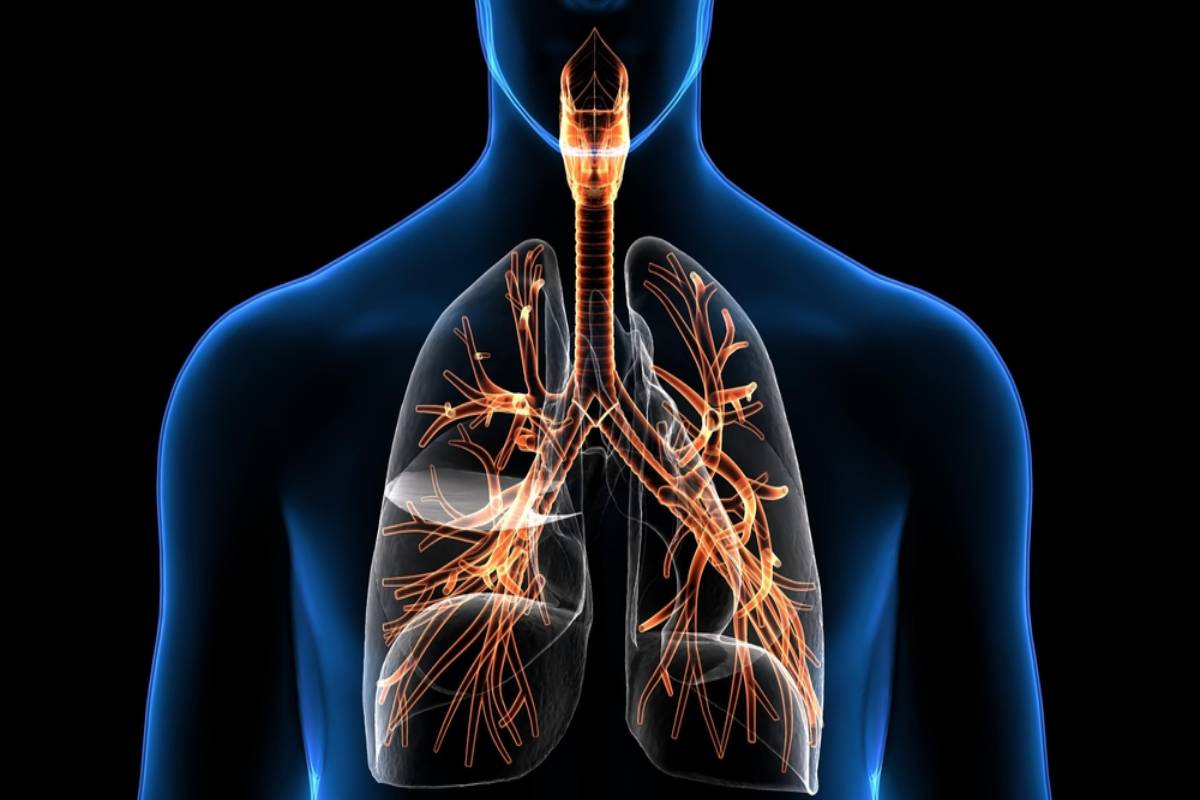Environmental degradation needs to be taken seriously: Pulmonary disease experts
Prof. Mahapatra said people need to quit smoking and plant more trees and this problem could be fought with heightened awareness.
The Global Burden of Disease Data suggests that respiratory diseases contribute to high morbidity in India as the season changes.

Prolonged use of AC may raise risk of dry skin, asthma attacks: Doctors
Moderate to heavy rains during the monsoon season can bring cheers to farmers with bright prospects for the Kharif crop. But it brings misery to those who develop instant symptoms of allergy like bad nose, cough and cold causing breathlessness and constant sneezing.
Mold spores, pet animals, and rain wetting are the main factors behind the allergies leading to asthma. Hence, the Global Burden of Disease Data suggests that respiratory diseases contribute to high morbidity in India as the season changes.
Advertisement
A team of doctors led by Dr. Virendra Singh, renowned Asthma Expert at Rajasthan Hospital and Dr Bharat Bhushan Sharma, Professor in Medicine at the SMS Medical College here have conducted the Seasonal Waves of Respiratory Disorders (SWORD) study to estimate the point prevalence due to respiratory diseases in Indian OPD services and its association with risk factors and change in seasons.
Advertisement
Dr. Sharma who is the main author of a research paper published in the National Library of Medicine (NIH) in August last month, told SNS that SWORD was conducted on the eligible number of patients from across 302 sites in India on 25177 patients the transition of Indian weather seasons i.e., Winter (February), Summer (May), Monsoon (August) and Autumn (November). The mean age of the study population was 46.1 plus/minus 18.1 years, and of which 56 percent were males and 44 percent were females.
The different peak weather conditions cause 29.8 percent Asthma, 15.6 pc Chronic Obstructive Pulmonary Disease (COPD), 11.3 pc Respiratory Tract Infections (RTIs), and 8.7 pc Tuberculosis, the SWORD indicated.
All these conditions showed significant seasons trends as Asthma 31.4 pc in Autumn Vs 26.5 pc in Summer, COPD 21.1 pc Winter vs 8.1 pc Summer, RTIs 13.3 pc Winter vs 4.3 pc Summer, and Tuberculosis 12.5 pc Autumn vs 4.1 pc Summer.
After adjustment of risk factors, asthma was significantly associated with exposure to molds, pet animals, recent travel, and rain wetting, and RTI diseases with rain wetting, and recent travel.
The best remedy for the patients once diagnosed with these risk factors would be precautions from the known allergens of seasonal changes and modifying lifestyle, Dr V Singh advised. Keep regular cleaning and dusting of domestic furniture and goods to avoid the growth of mold spores, and the immunotherapy for those patients having allergy from pet animals, Singh added.
“In the SWORD study, a team of 15 pulmonologists evaluated the proportionate clinical burden of different respiratory diseases presented to outpatient clinics of physicians across India on changing weather transitions”, Singh commented.
It was a large multi-centric study and out of 36 states and UTs of the country, 32 were included, and a total of 42 study centres were in the state of Rajasthan, Singh elaborated.
Advertisement